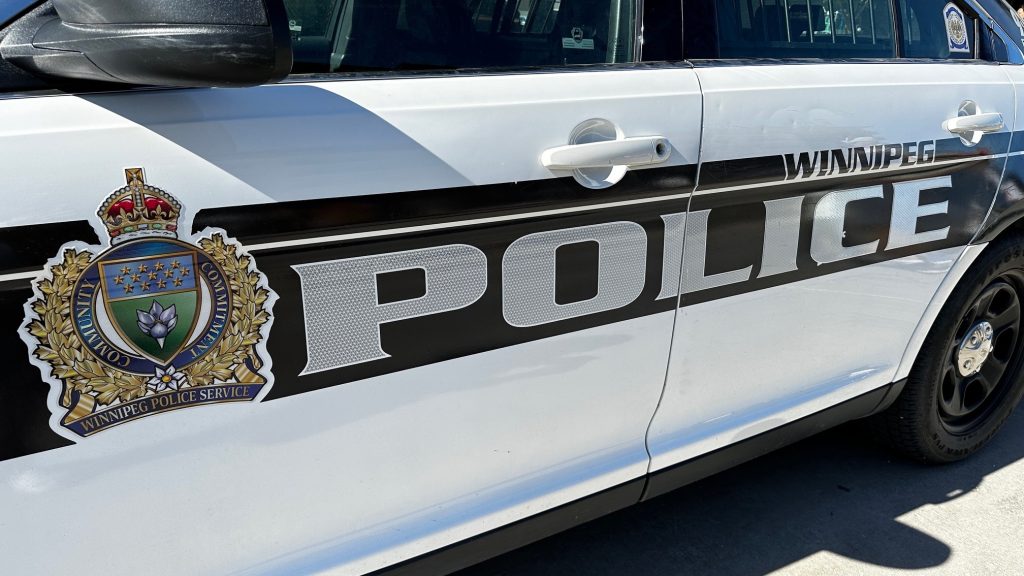Uber to allow Canadian teens to set up ride-share accounts this summer

Posted May 17, 2023 10:00 am.
Last Updated May 17, 2023 11:50 am.
Canadian teens will soon be able to hitch a ride with Uber as the ride-hailing app works to expand its market.
The U.S. tech giant announced at its global product showcase Wednesday that it will begin allowing Canadians between the ages of 13 and 17 to make passenger accounts on the ride-hailing platform over the summer.
Teen accounts will first roll out in Western Canada and Quebec followed by Ontario and Nova Scotia.
The move to allow teens to use the service is a departure from its current policy that banned anyone under the age of 18 from holding an Uber account, or using an account to call an Uber for someone under the age of 18 who planned to ride unaccompanied by an adult.
With parents and children busier than ever, and many families relying on transit that doesn’t always have a route where they need to go when they need to be there, there was plenty of demand to create a way to let teens take Ubers, said Michael van Hemmen, general manager of mobility for Uber Canada.
He saw the need firsthand at his household in the inner suburbs of Vancouver, where his family shares one car, but his kids have a string of extracurricular activities that often overlap.
“There’s numerous times when I’ve taken an Uber by myself up to the field to grab my 13-year-old son…because (my partner)’s driving the other two around to their activities,” van Hemmen said.
“So we’ve seen the demand, we’ve heard it from groups like transit agencies we partner with and we know that families want it as well.”
Teen accounts were first created for Innisfil Transit, an Ontario town south of Barrie that Uber has a ride-hailing partnership with, and then piloted in Calgary last fall.
But studies, news reports and online forums show teens have long been using Uber, even as many parents have expressed concern about the idea.
Related stories:
-
Uber rideshare, food deliveries more expensive to offset fuel costs
-
Gold teeth, sandwiches, and a skateboard: the most unique items Canadians left in Ubers
A 2019 Ipsos poll in the U.S. of 877 parents with at least one child between 14 and 18 found one in eight parents reported their child between the ages of 14 and 17 had used Uber. The poll has a margin of error of plus or minus two to four percentage points.
The poll, commissioned by the C.S. Mott Children’s Hospital in Michigan, found 70 per cent of parents surveyed thought their teen should be at least 18 years old to use a ride-sharing service by themselves or with other teens. Thirteen per cent felt they should be at lease 17 years old and 11 per cent liked a minimum age of 16. Some six per cent of parents thought teens should be 14 or 15 to start using ride share services.
Their top concern with teens using the service was unsafe driving with three in four parents worried about speeding or distracted driving. Two thirds were worried a driver would sexually assault their teen.
An Uber driver in Long Island, N.Y. allegedly attempted to kidnap a 15-year-old in 2019, the same year that a 12-year-old in Orlando used the app to hail a ride to a parking garage she committed suicide in.
Twitter hopes to address such risks by requiring teens to set up their accounts through an invitation from their parents or guardians’ Uber profile.
Teen accounts will send parents and guardians notifications when teens request a ride. The accounts will also allow the adults to track the trip and contact the driver or their child through Uber’s app.
Though drivers won’t need to pass a vulnerable sector check to ferry teens, Uber will only serve such rides to drivers who have a high rating on the platform and have made a high number of trips through Uber.
Drivers who have faced complaints about their behaviour won’t be offered rides with teens and any driver can choose to opt out of picking up such passengers, van Hemmen said.
Anyone driving a teen in an Uber must also agree to have the audio from pickup to drop off recorded.
The recording will be encrypted and stored on the teen’s device. It can only be accessed if the rider or driver reports an incident to Uber and chooses to attach the audio file to the report.
PIN verification will ensure teens are getting in the right car and if the ride goes off-course or ends early, sensors and GPS will alert Uber, which will message the teen and the driver to make sure they’re OK.
In case of an emergency, parents and guardians will be able to call 911 directly from the app’s trip tracker screen.
Uber has still not adjusted policies around its food delivery and pickup service UberEats to allow for use by teens, but van Hemmen said, “that’s something that we’ll be working on over the coming months as well.”








